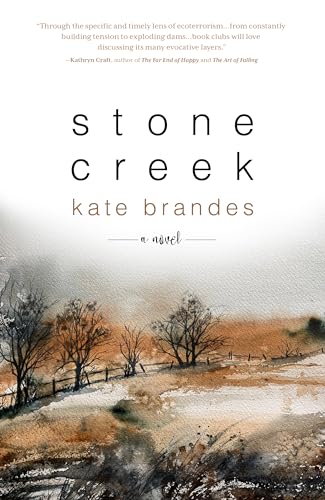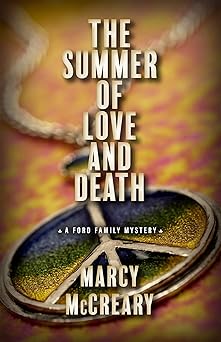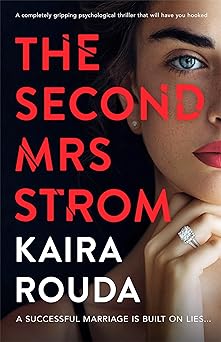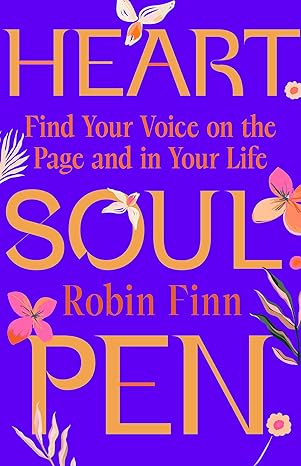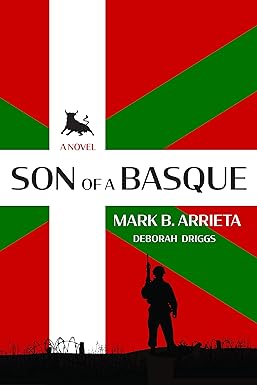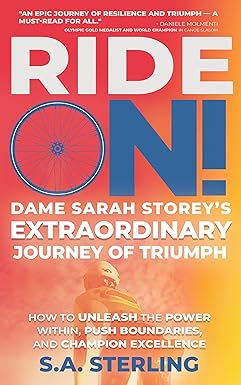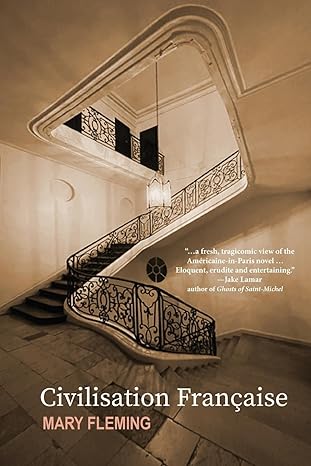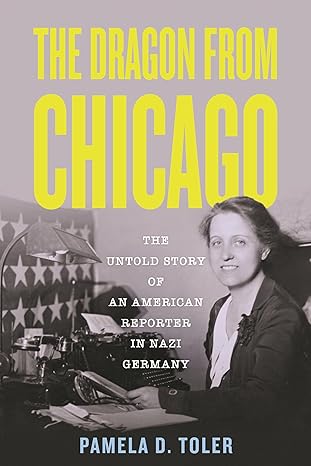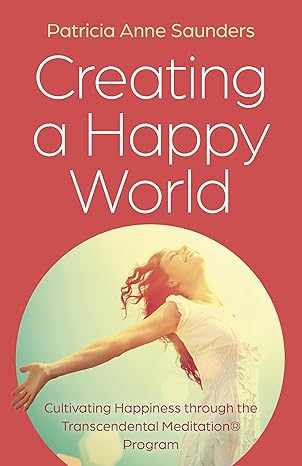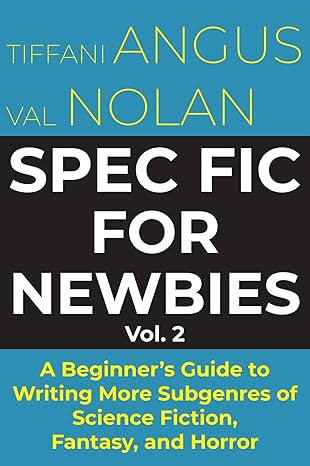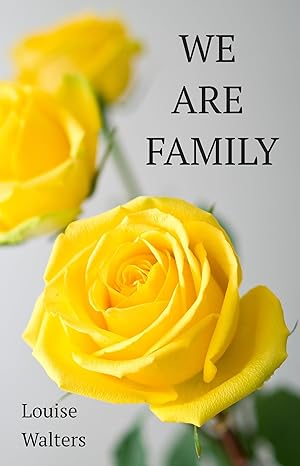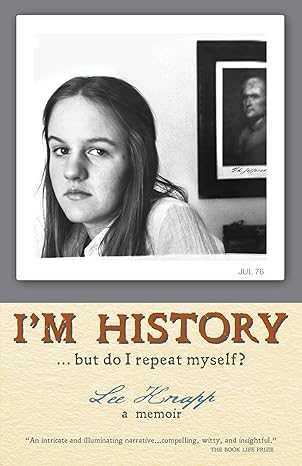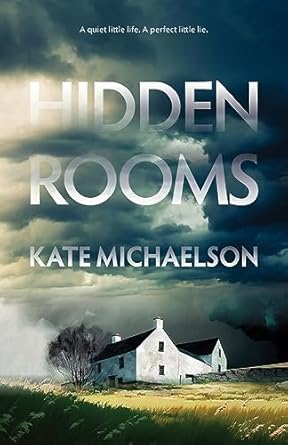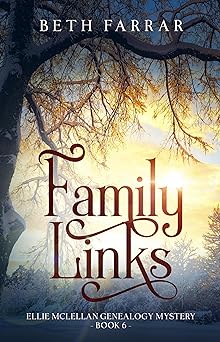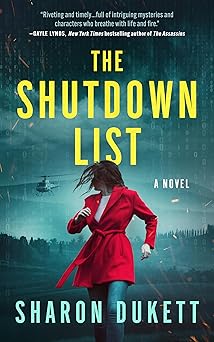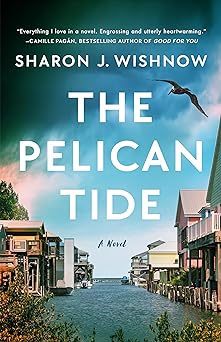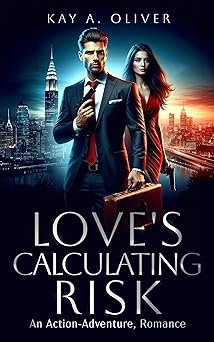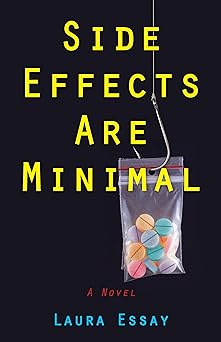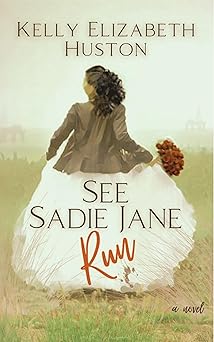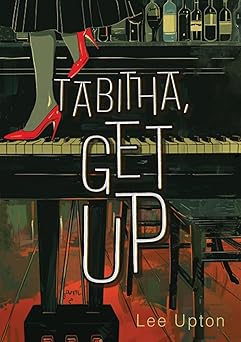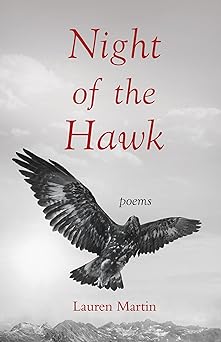On Disability and Spirituality: Dreaming and Writing a Better World
On disability and spirituality: dreaming and writing a better world
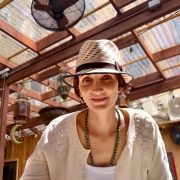 People say write what you know. I’ve never been able to do otherwise.
People say write what you know. I’ve never been able to do otherwise.
I’ve always dreamed my poems. I wake up and the poem is there. I don’t typically do a lot of rewrites, and the poems come out of my dreams fairly formed.
In 2015, during a back procedure, I was injured and developed a cerebral spinal fluid leak; I was bedridden for eight years. Now imagine having the opportunity – which came from being bedridden – to create a book at the end of that arduous journey. A book I hope will move the reader toward kindness to that which is unfamiliar.
So frequently the world moves away from various forms of suffering with contempt, for fear that those things could happen to them. As if illness or disability are contagious. The vehicle for managing that fear is typically judgment. In other words, it’s easier to create a story about people who have illness than it is to sit in relationships with people who elicit anxiety or other ‘negative’ feelings in you. Feelings about the unknown nature of the universe, of spirit, and feelings which provide any insight into how random and lucky good health really is.
In my poems, I’ve tried to expose the true nature of who I am, which sits outside of my health, as well as provide an access point for people to understand the deep longing that those who are chronically ill always have for an experience of normalcy and relationships.
When I was in sixth grade, someone asked me to write an essay. The result was singled out as poetic, and I was put in a small group of student-writers who were learning how to write and read poetry. I remember feeling confused because I didn’t feel like I had said anything atypical. I went on to write poetry throughout high school and then studied it at Sarah Lawrence College.
I assumed that after school, I would develop a book of some sort. Unfortunately, an arduous physical and spiritual path prevented me from being organized enough to do that until ultimately, I became completely disabled in 2015.
Like most true shamans, (and I say it that way, because the word ‘shaman’ has, at this point, been widely appropriated) I was sick from birth. Throughout the course of my life, I have had five near death experiences. I have remained ill for the entirety of my life, and also, a medium.
I believe that those that see the dead are frequently unwell. Many indigenous religions believe that children enter the world with one foot in the spirit realm and one foot in this realm; later around adolescence, the other foot drops in. It is then, with both feet firmly planted in this realm of tangibility that children move toward adulthood and away from the world of ghosts.
Yorùbá believe people who see spirits are already dead, and that this experience of living in two realms keeps the seers fractured, which is terribly hard on the body.
In traditional cultures, there is always a medicine person who is protected and supported because the medicine person manages the metaphysical realm of the dead for the whole community. This is not the case in western culture, which has meant that I have lived my spiritual life in a solitary fashion.
Additionally, healing from my various physical illnesses has been hampered by misogyny in the medical system, which has prevented many of my diagnoses from happening quickly enough to prevent chronic issues, a story that is far too common for women. This is a theme I reference in much of my work but certainly in my poem Spirochete in which I describe my battle with Lyme Disease.
I believe that part of my life’s mission has been to experience suffering in a myriad of forms so that I can have empathy to help other people heal. After my injury, I wasn’t left with nothing. I was left with poetry, which allows me to remain in communication with the spirit world and the world at large.
—
LAUREN MARTIN is a psychotherapist, poet, and a devoted Ìyânífá of Tunisian heritage and of Sephardic/Mizrahi descent. She lives in Oakland, California. Lauren studied poetry at Sarah Lawrence College. She spent years writing without submitting her work due to a long shamanic journey, which led her to both Ifá, and to the writing of this collection of poems. Learn more at: www.laurenmartin.net
NIGHT OF THE HAWK
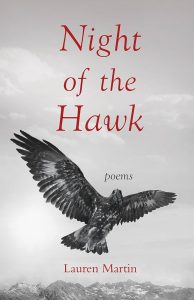 When I have wandered long enough what am I still beholden to?
When I have wandered long enough what am I still beholden to?
Ifá. Nature. Illness. Love. Loss. Misogyny. Aging. Africa. Our wounded planet. In this sweeping yet intensely personal collection, Lauren Martin tells the untold stories of the marginalized, the abused, the ill, the disabled—the different. Inspired by her life’s experiences, including the isolation she has suffered as a result both of living with chronic illness and having devoted herself to a religion outside the mainstream, these poems explore with raw vulnerability and unflinching honesty what it is to live apart—even as one yearns for connection.
But Night of the Hawk is no lament; it is powerful, reverential, sometimes humorous, often defiant—“Oh heat me and fill me / I rise above lines”—and full of wisdom. Visceral and stirring, the poems in this collection touch on vastly disparate subjects but are ultimately unified in a singular quest: to inspire those who read them toward kindness, compassion, and questioning.
BUY HERE
Category: On Writing




